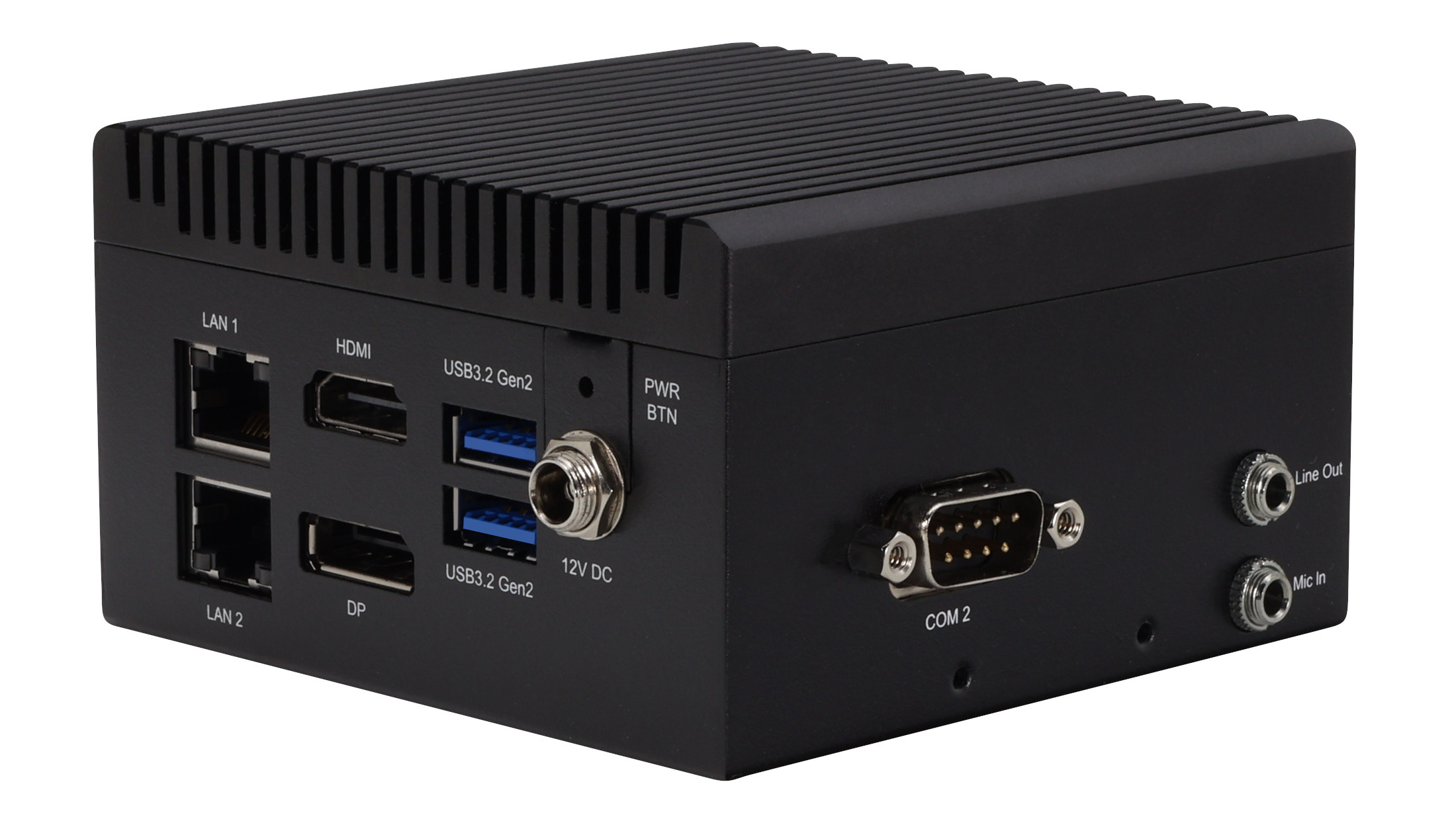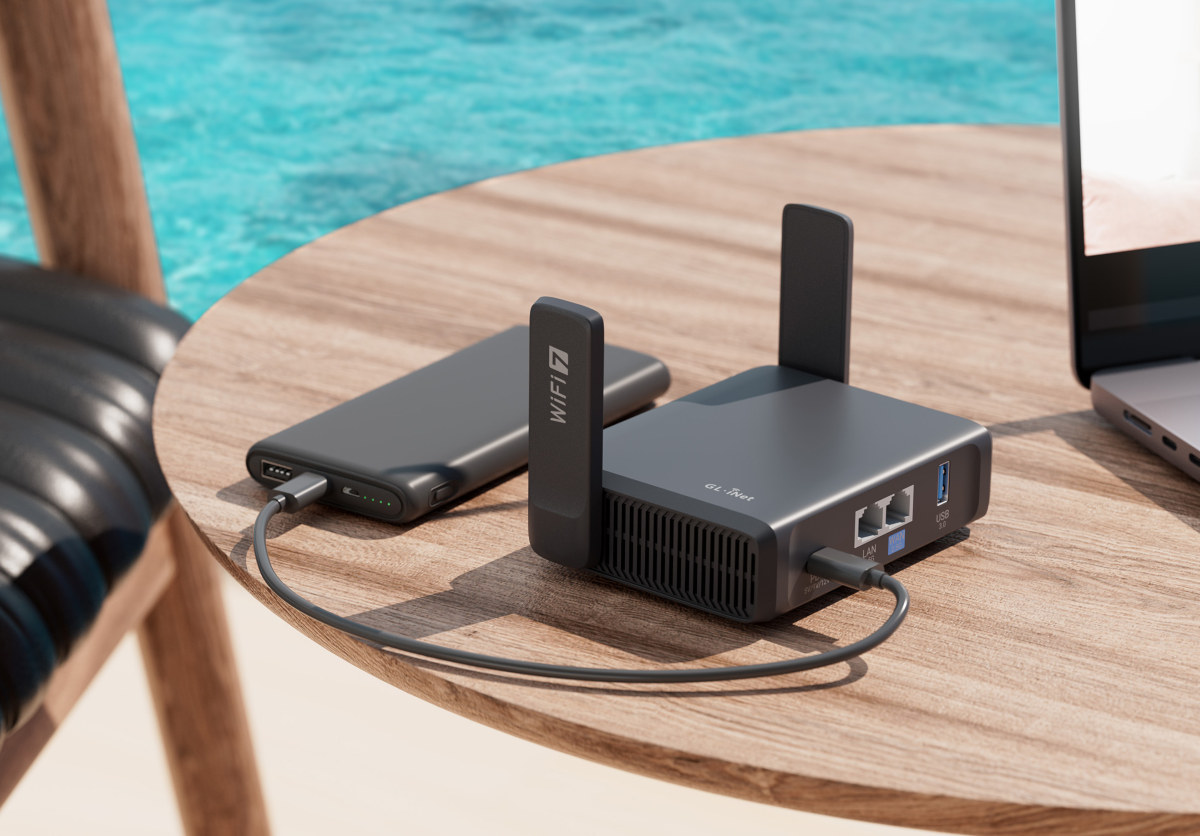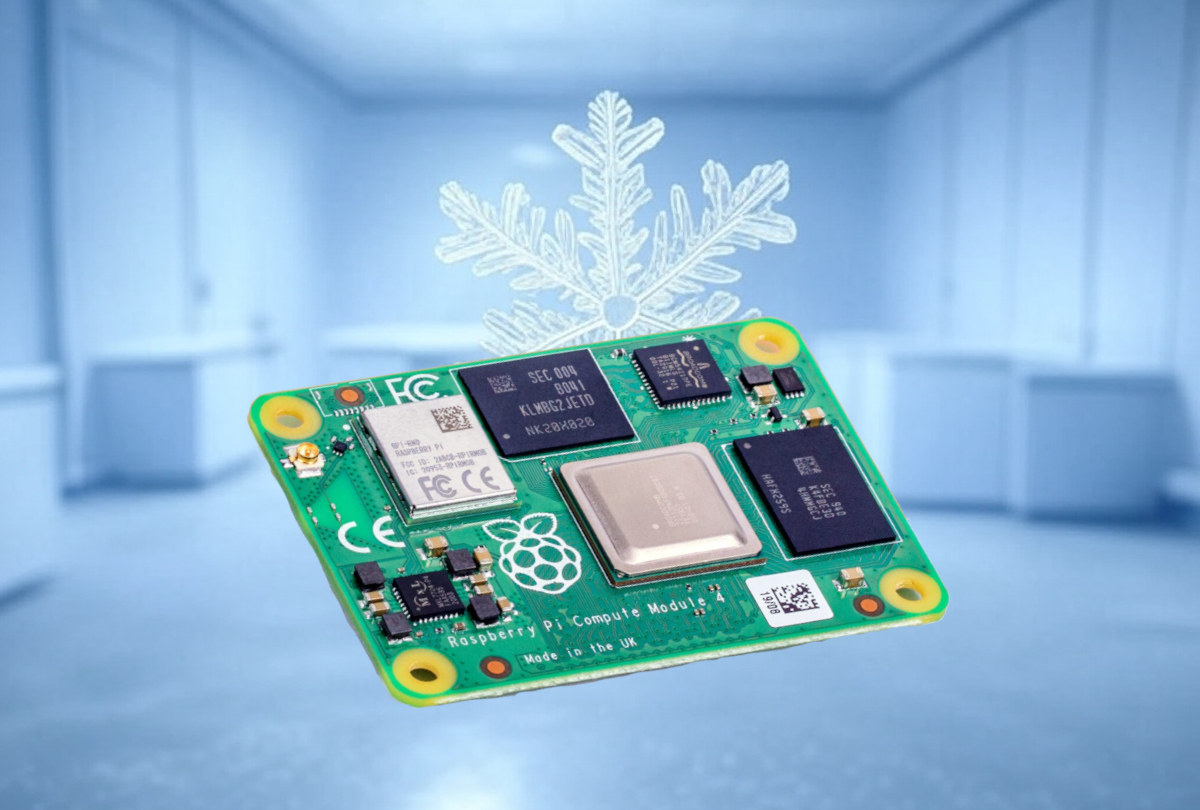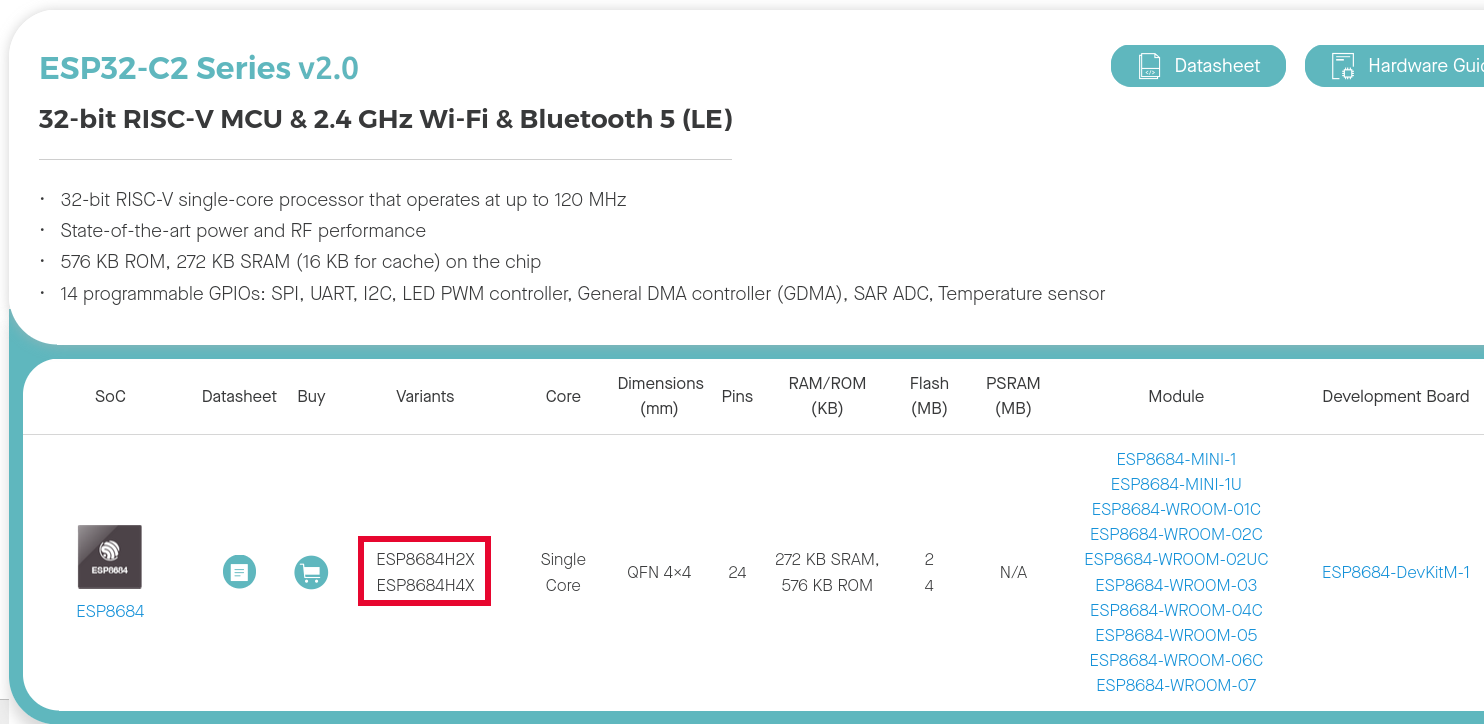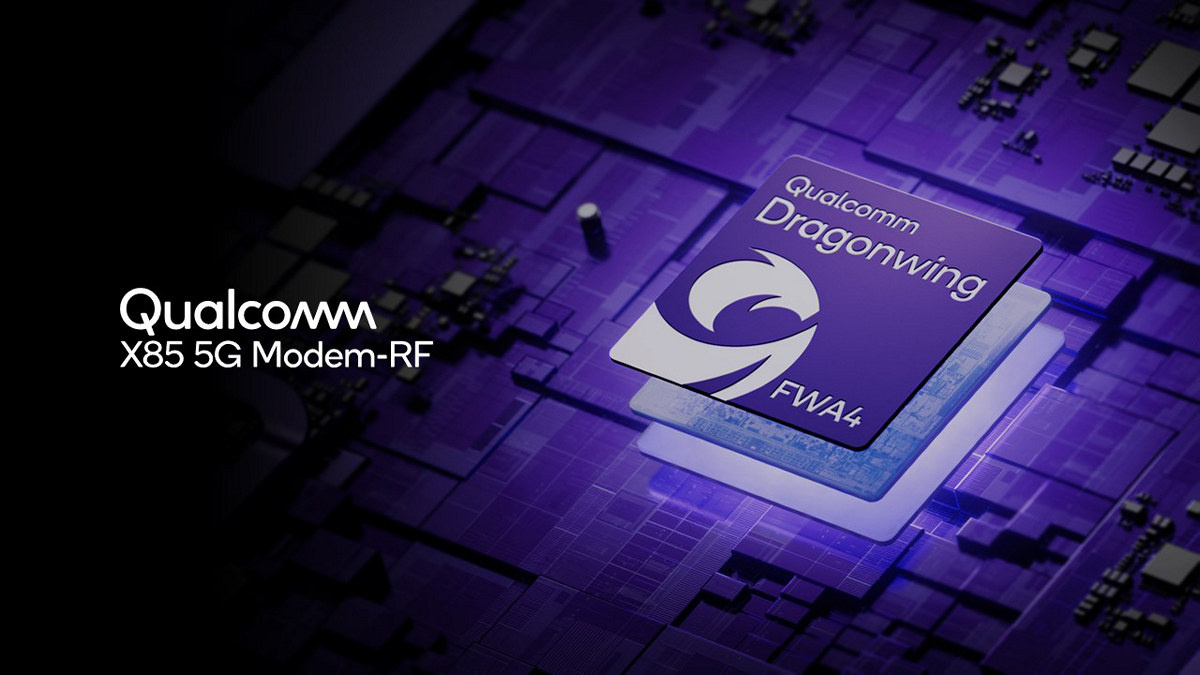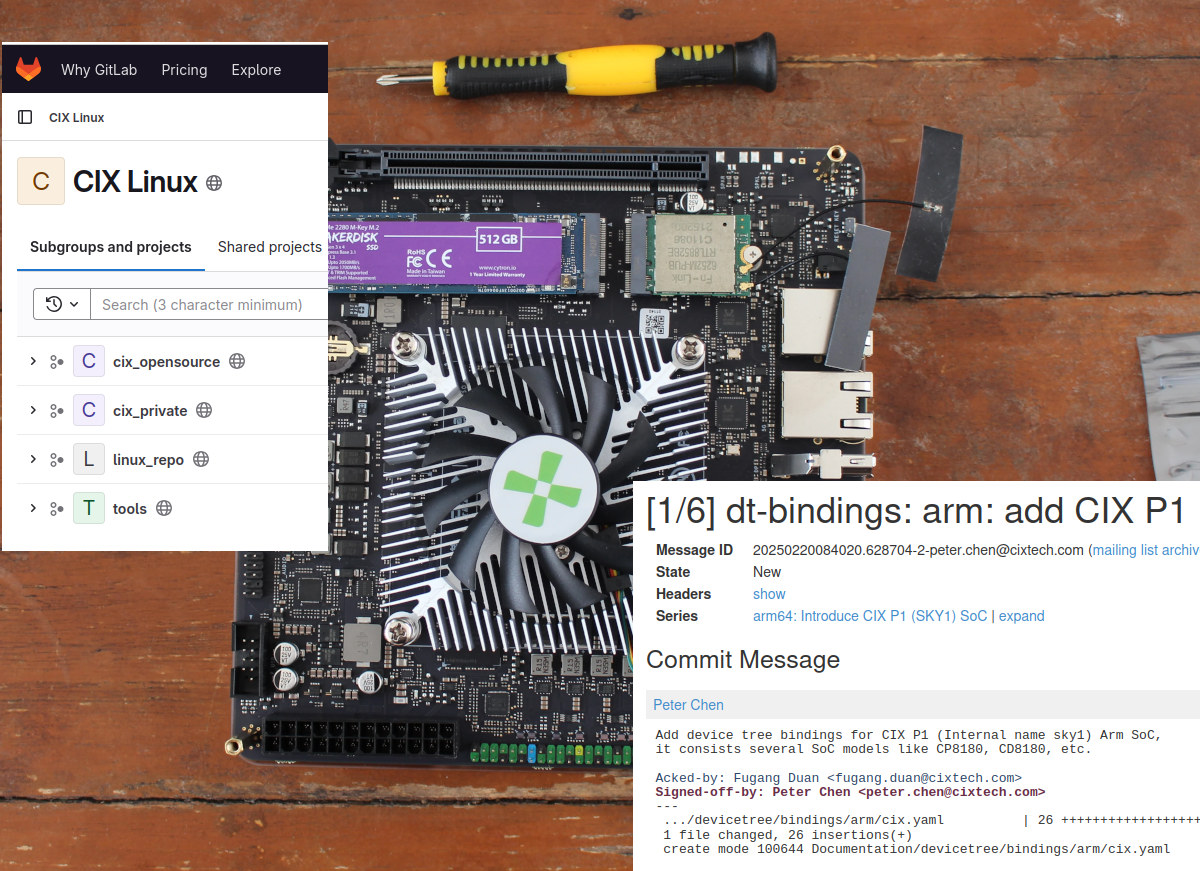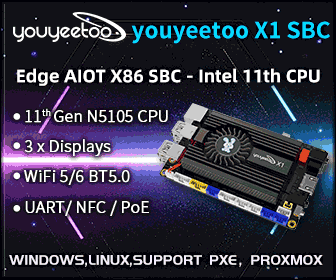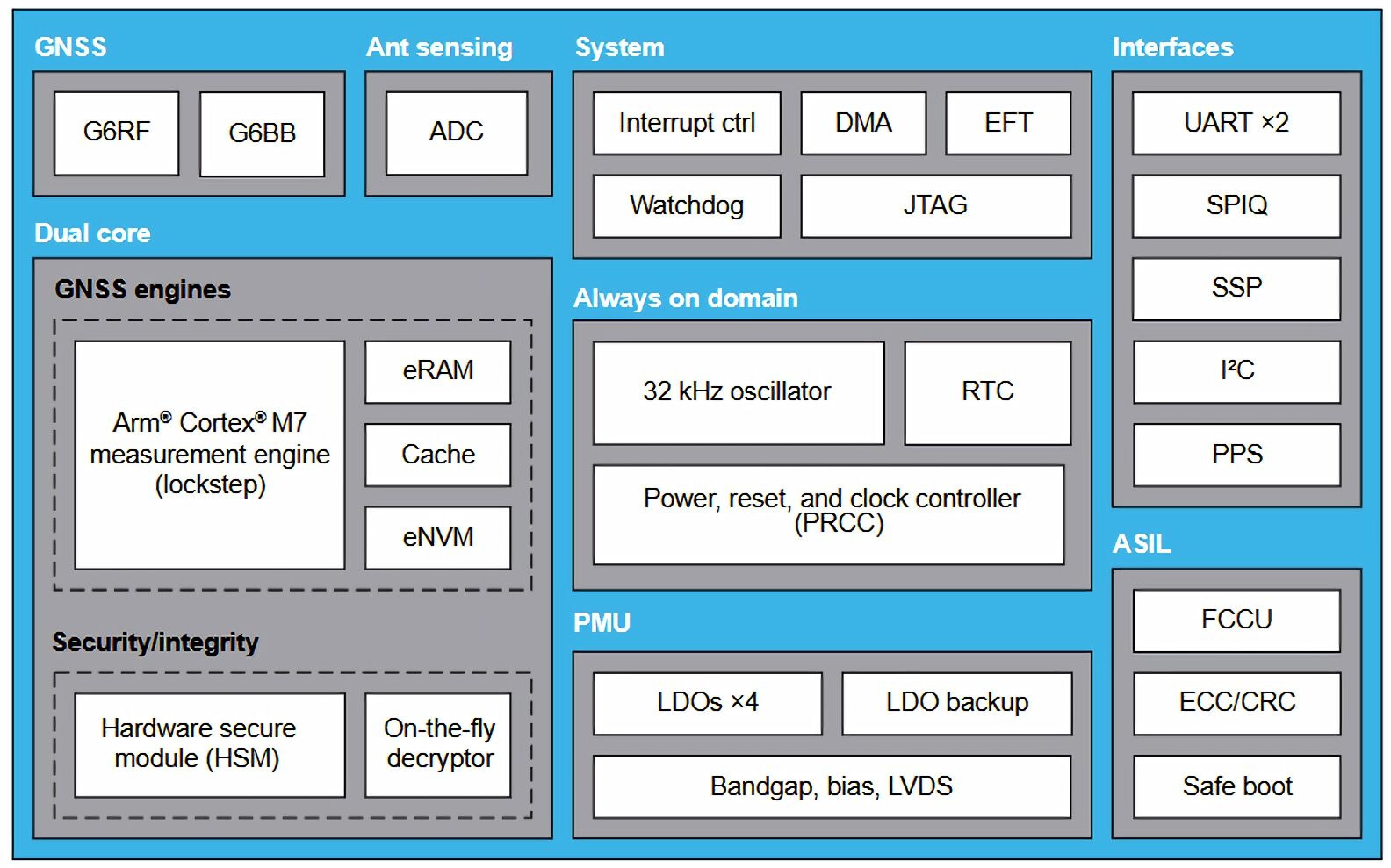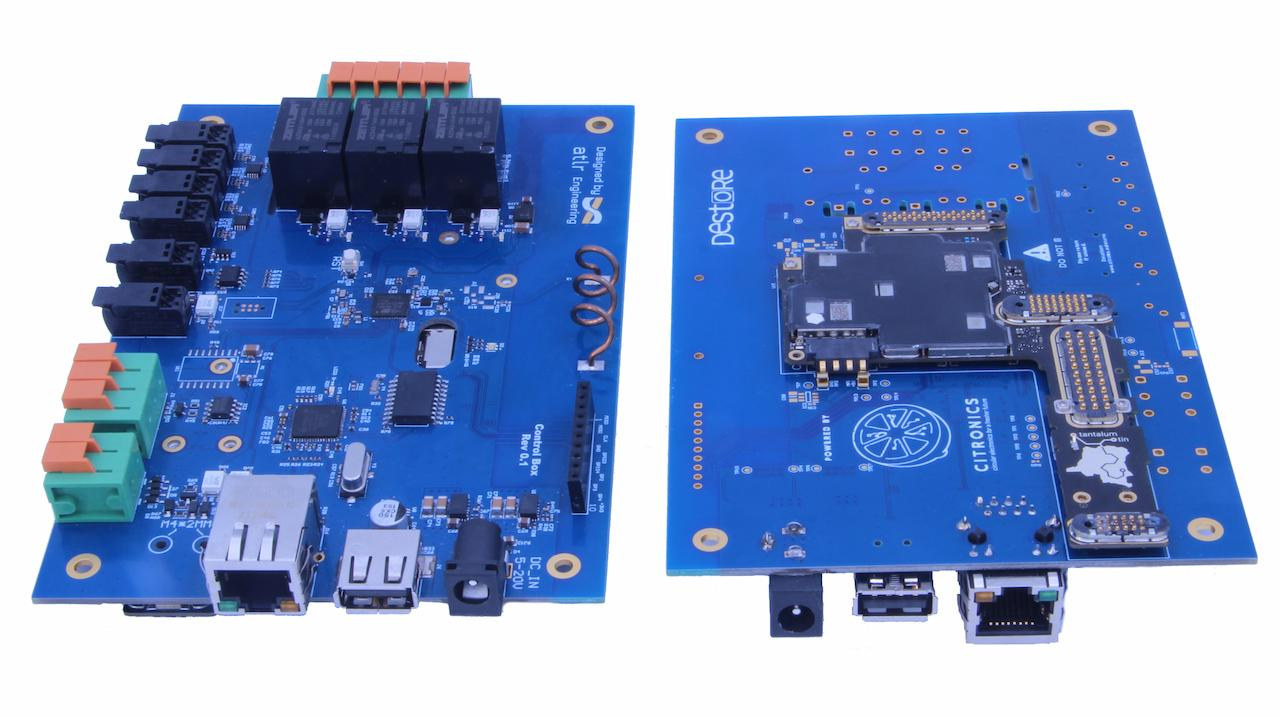AEEON UP Squared 7100 Edge is a fanless industrial mini PC for edge applications powered by an Intel Processor N97 or Processor N100 CPU and based on the UP Squared 7100 SBC. The computer comes with up to 16GB LPDDR5, 128GB eMMC flash, M.2 sockets for storage and wireless expansion, HDMI and DisplayPort video outputs, two gigabit Ethernet ports, three USB 3.2 ports, two COM ports (RS232/RS485), and Line Out and Mic In audio jacks. The mini PC takes 12V DC up to 5A via a screwable DC lock and can operate in the 0 to 60°C temperature range. UP Squared 7100 Edge mini PC specifications: Alder Lake-N SoC (one or the other) Intel Processor N97 quad-core processor up to 3.6 GHz with 6MB cache, 24EU Intel UHD Graphics Gen 12 @ 1.2 GHz; TDP: 12W Intel Processor N100 quad-core processor up to 3.4 GHz with 6MB cache, 24EU […]
GL.iNet Slate 7 (GL-BE3600) WiFi 7 travel router up for pre-order for $96 and up
GL.iNet Slate 7 (GL-BE3600) is yet another travel router from the company, but it adopts the latest WiFi 7 standard with combined link speed of up to 3600 Mbps. The Slate 7 router supports both OpenVPN up to 100 Mbps and WireGuard up to 540 Mbps, and integrates with over 30 VPN services. The WiFi 7 router is relatively affordable starting at just $96 for pre-orders, but that’s limited to the first 800 orders, and after that the price goes up to $102 for the next 1,000 pieces, and the retail price will be $120 after that. Orders are limited to one per customer for the first two offers, and 10 per customer at the $120 price tag during the pre-order period. Deliveries are scheduled to start at the end of April / beginning of May. GL.iNet Slate 7 (GL-BE3600) specifications: SoC – Qualcomm quad-core @ 1.1GHz (Likely the IPQ5322, […]
Raspberry Pi Compute Module 4 adds industrial/extended temperature range from -40°C to +85°C
Some Raspberry Pi Compute Module 4 are now available in the industrial/extended temperature operating from -40°C to +85°C, suitable for outdoor applications in cold climates and (some) cold storage solutions that require sub -20°C temperature. When the Raspberry Pi Compute Module 4 was launched in 2020, Raspberry Pi did not provide an operating temperature range. Since then, the Raspberry CM4 has been qualified to operate in the -20°C to +85°C range, which is suitable for most applications but not all. Eben Upton has now announced the availability of Raspberry Pi Compute Module 4 variants with extended temperature range. Raspberry Pi Compute Module 4 specifications (as of March 2025): SoC – Broadcom BCM2711 quad-core Cortex-A72 processor @ 1.5 GHz with VideoCore VI GPU System Memory – 1GB, 2GB, 4GB, or 8GB LPDDR4-3200 SDRAM Storage – CM4: 4, 8, 16, or 32GB eMMC flash up to 100MB/s; CM4 Lite: No storage device […]
ESP32-C2 v2.0 wireless SoC adds 20 KB of additional SRAM, 100 KB of extra flash
Espressif ESP32-C2 (ESP8684) has been updated to v2.0 with 20 KB of additional SRAM, 100 KB of extra flash, with some improvements in terms of erase and program performance. The ESP32-C2 was first unveiled in April 2024 with limited details, and launched in October of the same year as the ESP8684 SiP combining ESP32-C2 die with 4MB flash, as well as a few ESP8684 modules and the ESP8684-DevKitM-1 development board. The ESP32-C2 is meant to be a cost-down version of the ESP32-C3 with less RAM and peripherals, and the ESP32-C2 v2.0 slightly improved on that with parts adding X to the name: ESP8684H2X (2MB flash) and ESP8684H4X (4MB flash). Modules and devkit names are also impacted, albeit not shown yet in the screenshot below. The part names had to be updated because chip revision v2.0 and previous chip revisions are not software-compatible, so Espressif had to update the ordering codes […]
Qualcomm X85 5G modem powers 12.5Gbps Dragonwing Fixed Wireless Access (FWA) Gen4 Elite platform
As Mobile World Congress 2025 has just started, Qualcomm has announced the X85 5G modem with up to 12.5 Gbps peak download speed, 3.7 Gbps uploads and targeting a wide range of applications from Android smartphones to PCs, FWA routers, industrial applications with Ethernet TSN, or even railways with support for FRMCS (Future Railway Mobile Communication System) in Europe. The company also introduced the Dragonwing Fixed Wireless Access (FWA) Gen 4 Elite platform based on the Qualcomm X85 5G modem, a quad-core processor, GNSS, tri-band Wi-Fi 7, and network Edge AI coprocessor with up to 40 TOPS of NPU processing power. Qualcomm X85 5G modem Qualcomm X85 5G Modem-RF System specifications: Peak Download Speed – 12.5 Gbps (FR1 + FR2), 10.3 Gbps Peak Upload Speed – 3.7 Gbps Cellular Modem-RF – 10CC aggregation in mmWave, 6CC aggregation in 5G sub 6GHz, 400 MHz carrier aggregation (DL) Cellular Technology 5G NR […]
Software progress and source code release for CIX P1 Armv9 SoC and Orion O6 motherboard
When the Orion O6 mini-ITX motherboard with a CIX P1 12-core Armv9 SoC was announced in December 2024, we were told binary releases would start on January 15, 2025, and the source code would be released later in Q1 2025. Tom Cubie further explained that upstreaming of the CIX kernel would start in Q2 of 2025, and Linux 6.1 with Device Tree plus Linux 6.6 with ACPI would be supported in the meantime. I’ve been able to quickly check the Debian 12 binary release on the Orion O6 motherboard at the end of January, but as I was looking for an updated image for the second part of the review, I noticed there weren’t any new Debian 12 images so far. That does not mean there haven’t been any work done, as the forums are somewhat active and I’ve been told Radxa is even more active on Discord, although I […]
STMicro releases Teseo VI quad-band GNSS receivers for automotive and robotics applications
STMicro has launched the Teseo VI family of global navigation satellite system (GNSS) receivers for high-volume precise positioning applications. These quad-band GNSS receivers support multiple constellations and frequency bands, enabling high-accuracy positioning for various automotive and robotics applications. The Teseo VI quad-band GNSS receivers are described as the first chips in the market to “integrate multi-constellation and quad-band signal processing in a single die.” The single-chip design allows for compact products and accelerates time to market. The new Teseo VI GNSS family includes the Teseo VI STA8600A, Teseo VI+ STA8610A, and the Teseo APP2 STA9200MA. All variants integrate dual independent Arm Cortex-M7 cores with ST’s proprietary phase change memory (PCM) technology, eliminating the need for external memory. They are targeted at applications in advanced driving systems, autonomous vehicles, asset tracking, smart agriculture, and robot deliveries. Other quad-band GNSS modules include the Quectel LG290P and u-blox X20. Teseo VI STA8600A, VI+ […]
Citronics built a router based on the Fairphone 2 mainboard
Belgium-company Citronics has designed a router based on the mainboard of the Fairphone 2 smartphone, connecting the Qualcomm Snapdragon 801 “system-on-module” to a carrier board with Ethernet, USB ports, and other connectors, while leveraging 4G LTE, WiFi, and Bluetooth connectivity from the phone’s core board. Citronics calls this type of hardware “Circular Microcomputers,” which refers to small computers focusing on sustainability and circular economy principles using parts from discarded devices like old smartphones. There’s actually more than one router, as Citronics designed its own development kit, and also partnered with other companies to design custom gateways based on the Fairphone 2 mainboard. Let’s have a look at the devkit first. Citronics devkit: Fairphone 2 mainboard SoC – Qualcomm Snapdragon 801 (MSM8974AB) quad core Krait 400 processor @ up to 2.26 GHz with Adreno 330 GPU System Memory – 2 GB LPDDR3 Storage – 32GB eMMC flash Connectivity – 2G/3G/4G LTE, […]


